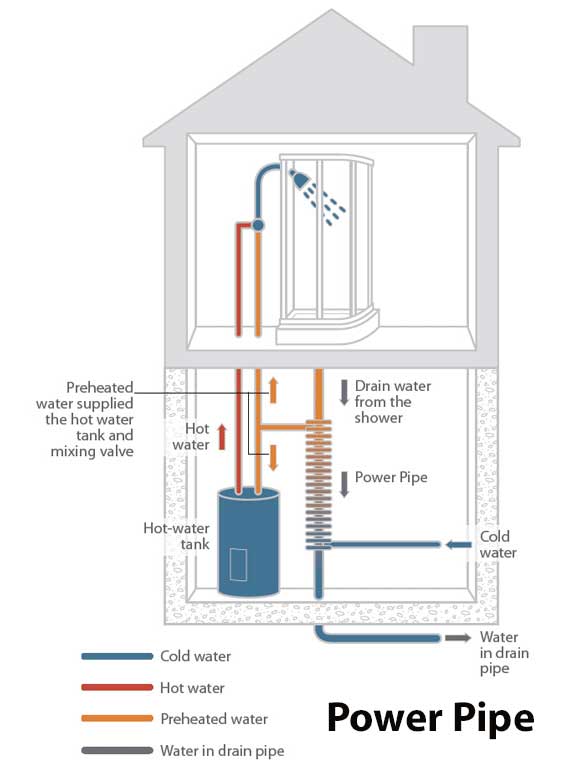dietz31684
New Member
I currently have a 30 gallon Therma Flow water heater that is rusting from the bottom, where the bottom of the tank is riveted to the sidewalls. The setup is direct oil fired with a Beckett burner. My plan was simply to swap the tank and move on with life. I started looking around and realized direct fired oil water heaters aren't very common. I called my plumber and he said they don't mess with oil. I called my oil delivery company and they quoted me $2300 (installed) to swap the tank, use the existing burner, and the replacing the the aquastat (new tank apparently changed and old one won't work). While not an insane amount, that isn't exactly cheap for hot water which still has me using a 12 year old burner. The tanks I'm finding online aren't a whole lot cheaper. Maybe $1500-$1800 plus shipping. The current setup does everything we ask of it with lots of hot water on demand.
My other option in a Rheem heatpump model from HD. I live in Pennsylvania so lots of humidity a majority of the year (I currently run a dehumidifier) and I have a fairly large basement which is open. The basement stays around 65 in the winter. I am limited to a 50 gallon model due to the $500 energy company credit that only applies to tanks <55 gal. We have a family of 4. Me, wife and 2 young boys, no plans for more! We do not take long showers (typically in the morning) and bathe the boys in the evening.
I went into home depot ready to buy the Rheem platinum 50 gallon heat pump and the guy working there (I realize HD knowledge isn't the best a lot of the time) basically refused to sell me one. Said that I'll be back there in a week to return it because I'm unhappy with the performance or it'll fail with in a couple of years with all the problems they have had with them. His opinion is the direct opposite of most reviews on their website. He was really pushing me towards the all electric unit, but I have no interest in paying $40 a month to heat water. What he said makes no sense to me. Even if the heat pump isn't as efficient as I hope, I'm still not going to be any worse off than a straight electric tank. After the energy rebate, the initial cost is pretty much a wash.
Natural gas is not an option, unfortunately, or I wouldn't be posting!
Any thoughts or opinions would be appreciated. I've been mulling this over for a couple of weeks now and need to do something soon. Install will be DIY and I have a sump to outlet the condenser so that's no problem. I will have to consolidate a couple spots in my panel with dual breakers, but I've accounted for running a 240v 30amp line.
Thanks -
My other option in a Rheem heatpump model from HD. I live in Pennsylvania so lots of humidity a majority of the year (I currently run a dehumidifier) and I have a fairly large basement which is open. The basement stays around 65 in the winter. I am limited to a 50 gallon model due to the $500 energy company credit that only applies to tanks <55 gal. We have a family of 4. Me, wife and 2 young boys, no plans for more! We do not take long showers (typically in the morning) and bathe the boys in the evening.
I went into home depot ready to buy the Rheem platinum 50 gallon heat pump and the guy working there (I realize HD knowledge isn't the best a lot of the time) basically refused to sell me one. Said that I'll be back there in a week to return it because I'm unhappy with the performance or it'll fail with in a couple of years with all the problems they have had with them. His opinion is the direct opposite of most reviews on their website. He was really pushing me towards the all electric unit, but I have no interest in paying $40 a month to heat water. What he said makes no sense to me. Even if the heat pump isn't as efficient as I hope, I'm still not going to be any worse off than a straight electric tank. After the energy rebate, the initial cost is pretty much a wash.
Natural gas is not an option, unfortunately, or I wouldn't be posting!
Any thoughts or opinions would be appreciated. I've been mulling this over for a couple of weeks now and need to do something soon. Install will be DIY and I have a sump to outlet the condenser so that's no problem. I will have to consolidate a couple spots in my panel with dual breakers, but I've accounted for running a 240v 30amp line.
Thanks -
Last edited:

